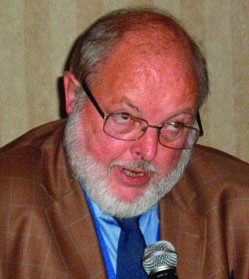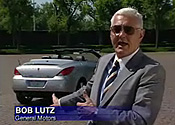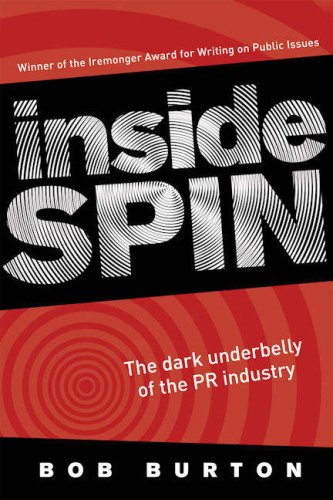Time To Pay for Payola Pundit Armstrong Williams
Perhaps, in the case of Armstrong Williams, the third time will be the charm.
 The first two official investigations failed to hold anyone accountable for what can only be described as a textbook case of government propaganda. The results of the third investigation, by the Federal Communications Commission, were announced recently (PDF file). The FCC found Williams and two media companies to be at fault, issuing a citation against Williams and proposing fines of $40,000 against Sonshine Family Television and $36,000 against Sinclair Broadcast Group.
The first two official investigations failed to hold anyone accountable for what can only be described as a textbook case of government propaganda. The results of the third investigation, by the Federal Communications Commission, were announced recently (PDF file). The FCC found Williams and two media companies to be at fault, issuing a citation against Williams and proposing fines of $40,000 against Sonshine Family Television and $36,000 against Sinclair Broadcast Group.

 "I love Red Cross, but I don't trust them completely when they're the ones shooting the video," explained journalism professor and Society of Professional Journalists (SPJ) ethics committee member Jerry Dunklee.
"I love Red Cross, but I don't trust them completely when they're the ones shooting the video," explained journalism professor and Society of Professional Journalists (SPJ) ethics committee member Jerry Dunklee.

 The Federal Communications Commission (FCC) has announced
The Federal Communications Commission (FCC) has announced 
 In a review of
In a review of